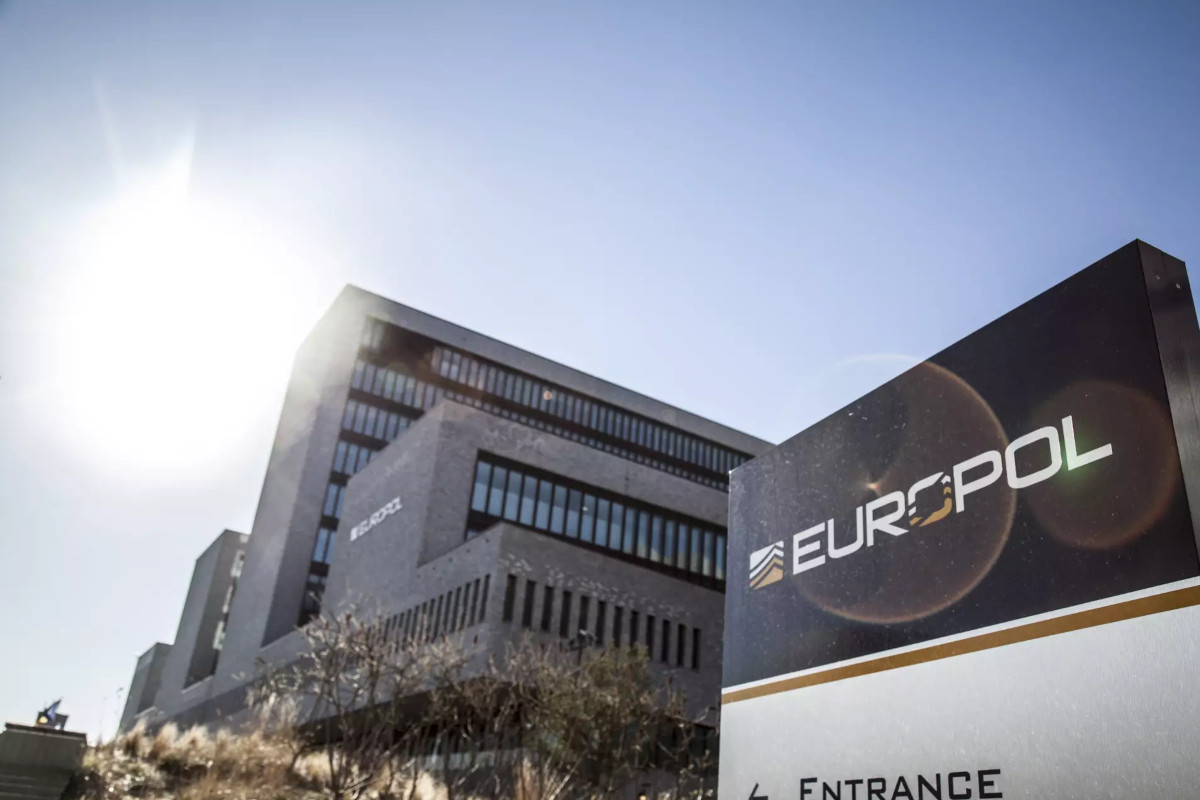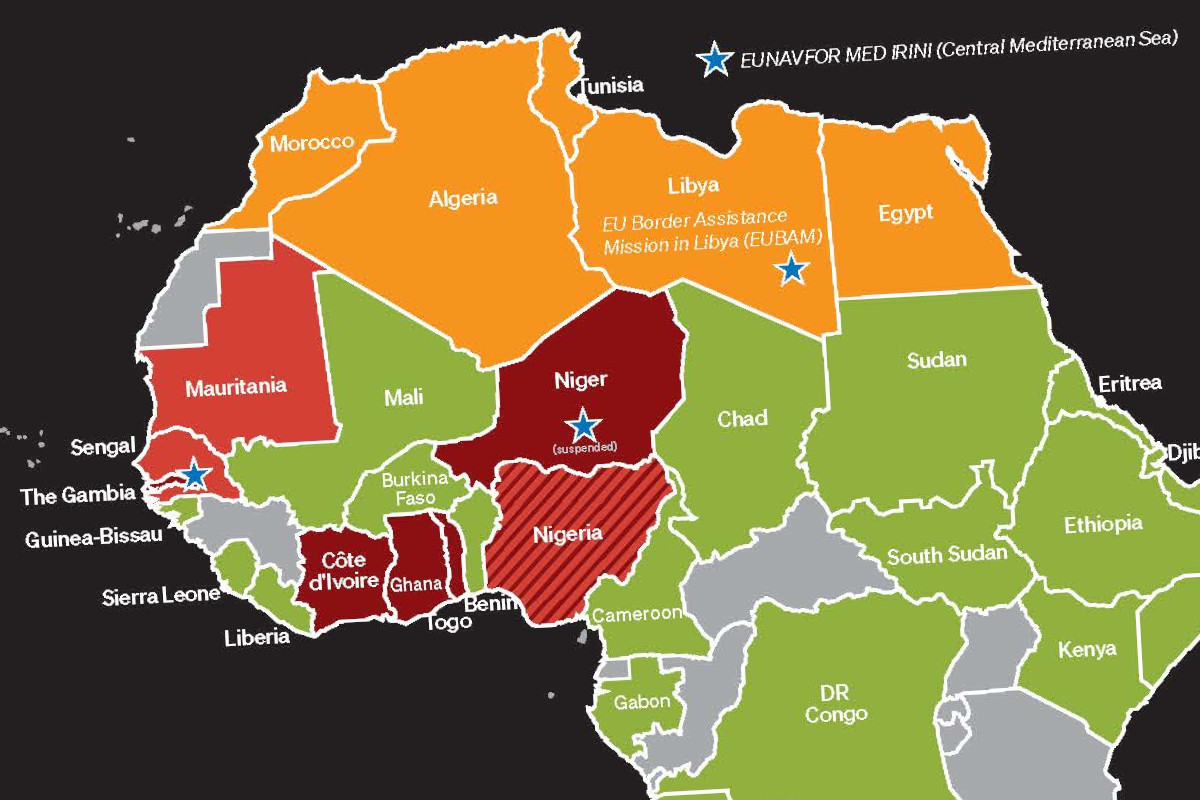Frontex accused of failing to prevent pushbacks and child rights violations in the Balkans
Topic
Country/Region
09 July 2025
Frontex’s own fundamental rights watchdog has raised the alarm over pushbacks and serious protection failures in countries where the agency operates.
Support our work: become a Friend of Statewatch from as little as £1/€1 per month.
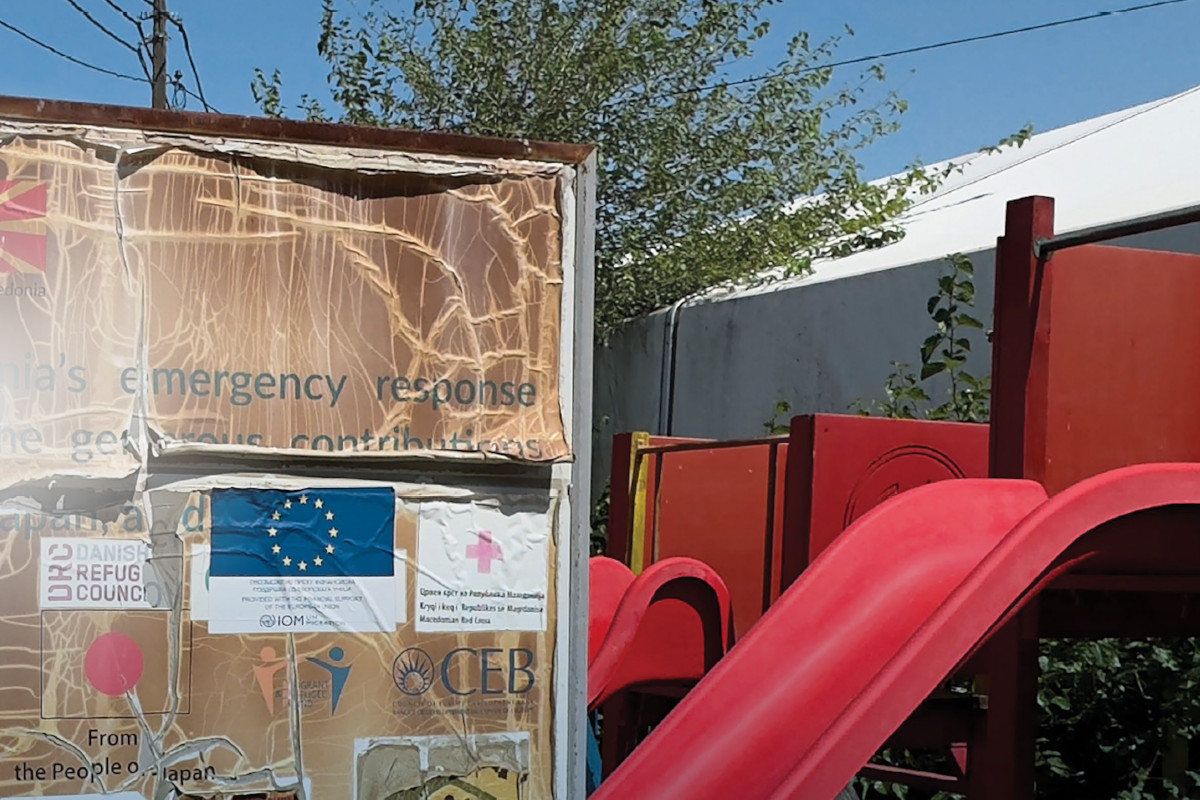
Image: Frontex
The latest report from the Frontex Consultative Forum on Fundamental Rights reveals that people have been returned to Greece from Albania without removal orders, in breach of basic legal safeguards.
The Forum also found that unaccompanied children are being housed with adults in Albanian reception centres, violating child protection standards.
In North Macedonia, people held at the Vinojug Temporary Transit Centre - described as a hazard to health and safety for both migrants and staff - are being de facto detained without documentation or information, the report says.
The report also warns of possible illegal expulsions from North Macedonia to Greece.
In Serbia, observers noted a lack of access to food, water and clothing at reception points.
Anas Ambri, Communications Coordinator for the the Border Violence Monitoring Network, said of the report:
"The findings in the Consultative Forum's most recent report show how the conditions in which Frontex operates in Albania, North Macedonia and Serbia are woefully inadequate and downright harmful to people on the move, especially unaccompanied children.
In the past, we have seen that national authorities generally use Frontex’ technocratic presence in their territory as a means to normalise some of their most egregious abuses.
The Consultative Forum’s latest remarks show that the EU border agency is well aware of the shortcomings of its interventions in Albania, North Macedonia and Serbia, and is choosing to look the other way, as it has done so far in Greece and Bulgaria. In our view, this makes them complicit in the same Fundamental Rights violations their presence engenders."
Read more in the latest issue of Outsourcing Borders: Monitoring EU externalisation policy.
Our work is only possible with your support.
Become a Friend of Statewatch from as little as £1/€1 per month.
Further reading
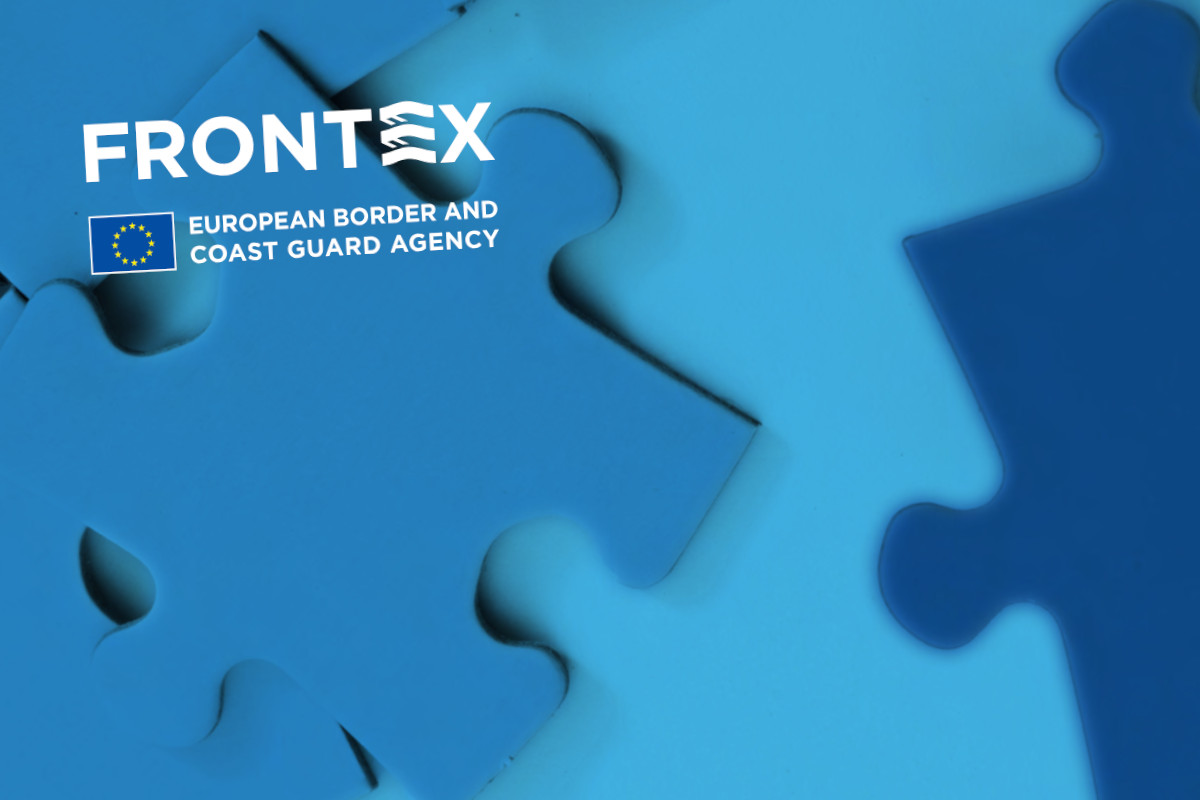
Violence at a distance: Frontex’s increasing role outside the EU
The EU tries to keep ‘unwanted’ people out by outsourcing border control to non-EU states. Frontex, the EU’s border agency, play a key role in a “web of violent deterrence” that is deeply-rooted in Europe’s colonial past. Every year, the agency publishes a report on its work in and with non-EU states. The latest edition demonstrates how its role has expanded, whilst glossing over or ignoring human rights violations.
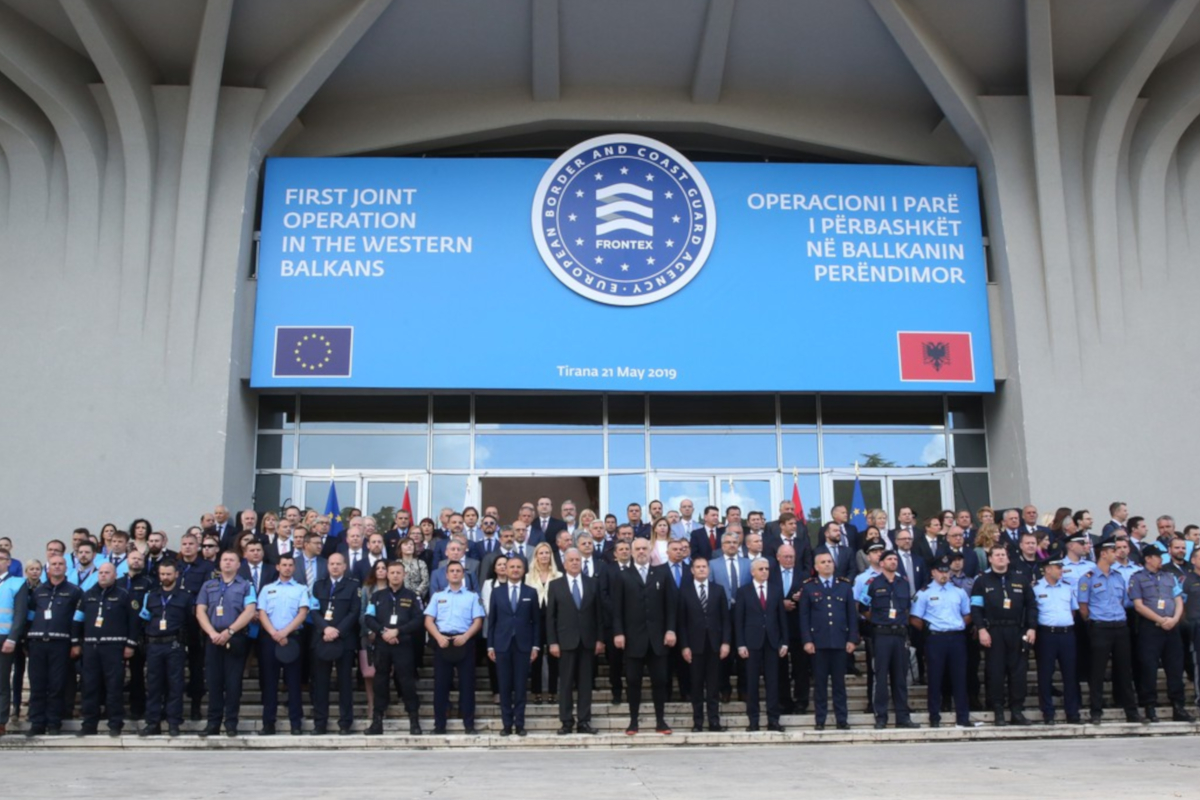
Tracking the Pact: EU seeks to seal off Balkan Route with expanded Frontex deployments
The European Commission wants to launch negotiations with Serbia, Montenegro, Bosnia and Albania so that EU border agency Frontex can extend its zone of operations. Currently, Frontex operations in those states can only take place at the borders they share with EU member states, in accordance with the 2016 Frontex Regulation. Upgrading the EU's agreements with the Balkan states to take into account the powers granted to Frontex by the 2019 Regulation will make it possible to deploy EU border guards at non-EU borders - for example, between Bosnia and Serbia, or between Serbia and Montenegro. An agreement with North Macedonia has already been signed. The aim is to halt the irregular movement of people through the Balkans towards "core" EU member states.
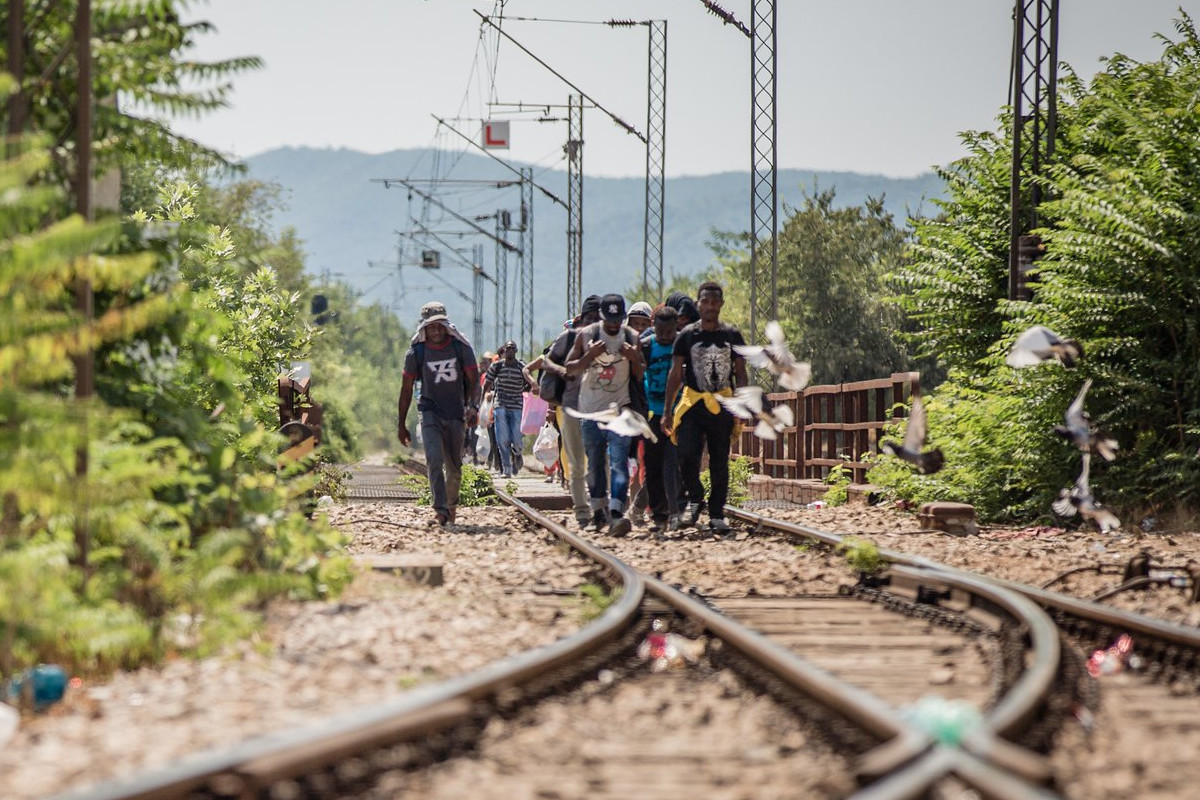
Foreign agents and violence against migrants at the Greek-Macedonian border
An increasing number of reports of violent pushbacks at the Greek-Macedonian border have been collected by volunteers in recent years. Some reports allege the presence of Frontex, but bilateral policing deals in place may also explain the presence of foreign officers in Macedonia. The violence underpins a long-standing plan to close the ‘Balkan Route’ and keep people out of ‘core’ EU territory. Whoever is behind the violence, there is no shortage of border guards to mete it out – but justice is in short supply.
Previous article
EU police chiefs seek limits to “ambitious overhaul” of Europol
Next article
Spotted an error? If you've spotted a problem with this page, just click once to let us know.
